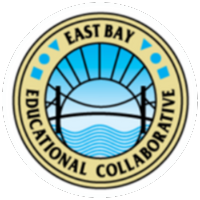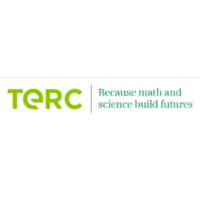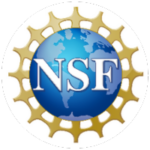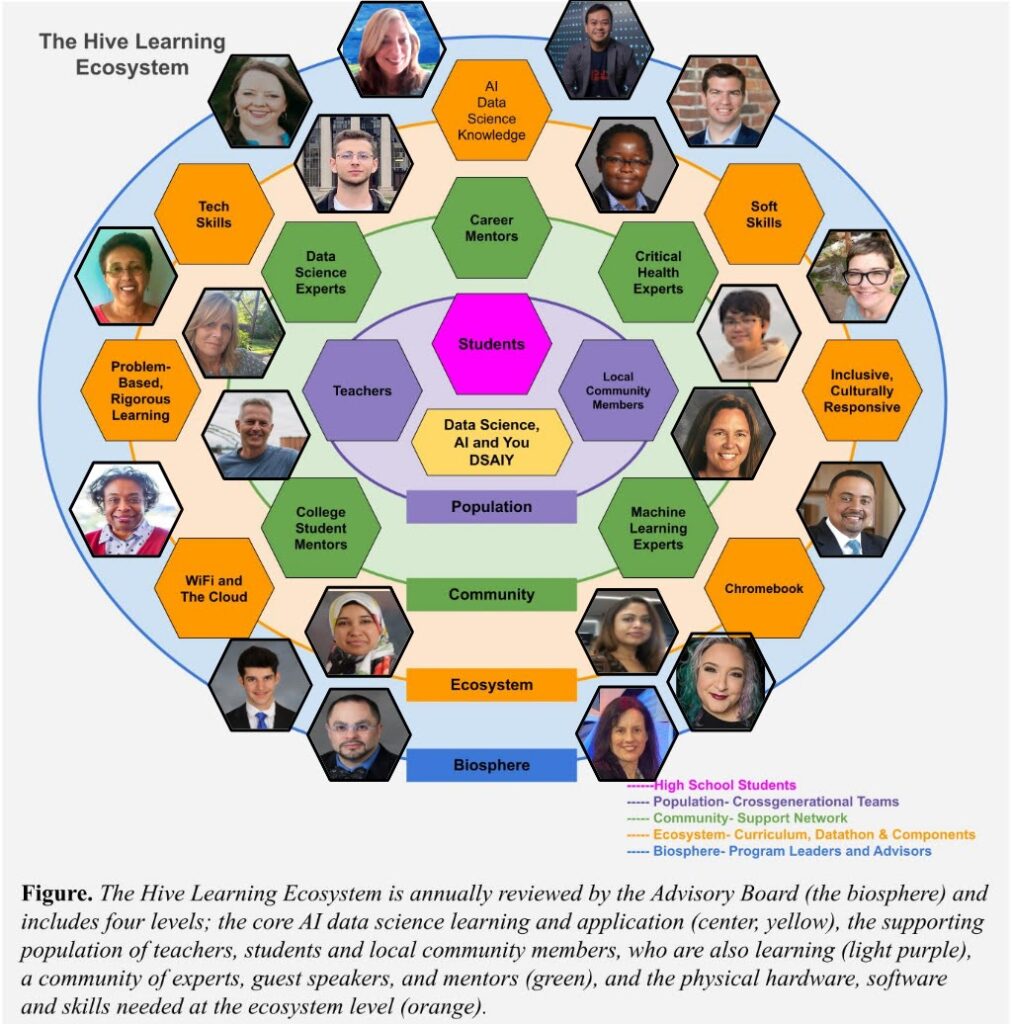Data Science, AI & You (DSAIY) in Healthcare
Data Science, AI and You (DSAIY) in healthcare is a grade 9-12 semester-long high school curriculum and workforce experience (datathon) piloted with 12 Rhode Island teachers and schools via an award (#2148451) from the National Science Foundation (NSF) Innovative Experiences for Students and Teachers (ITEST).DSAIY is engaging, fun, timely, and attainable for ALL students, including those with no coding or statistics background. The curriculum is scaffolded, differentiated, and easily edited to teach YOUR students.
We are looking for
New England and EPSCOR states for our proposed 2025-2028 expansion
Let us know if you are interested! Click HERE for the survey
DSAIY
DSAIY Goals
Within an authentic, inquiry-based course and workforce healthcare datathon, introduce high school students to
-
Data and machine learning bias that can impact healthcare outcomes
-
Tools data scientists use to train machines
-
Careers and mentors from high-paying fields in data science, machine learning, and healthcare
Through a network of medical doctors, data scientists, teachers, career mentors, college students, and community members
-
- Inspire students to self-advocate, create support networks, and pursue related careers
-
Contribute towards creating future leaders who are literate in data science and AI
Leo Anthony G. Celi, MD, MPH, MS, originally from Manila, Philippines, is an attending physician at Beth Israel Deaconess Medical Center, Boston, an Assistant Professor at Harvard Medical School, and Clinical Research Director of the Laboratory of Computational Physiology at the MIT Institute for Medical Engineering and Science. Leo Anthony Celi and Kenneth Paik co-direct Sana at the MIT Institute for Medical Engineering and Science.
Would you like to learn more about
Data Science, AI, and You in Healthcare?
Complete one or more of the interest surveys
Meet & and Join Us!
We’re proud of our participating schools, teachers, and students and support network of educators, professors, and researchers.
We’re Looking for Schools and Teachers to Offer the DSAIY Program to HS and MS Students.
College Student Mentors
We’re looking for college students to assist teachers and mentor students in the classroom. Paid $20/hr. Must have own transportation.
Volunteers
We welcome those who want to make a difference in young people’s lives.
We’re looking for people willing to share their experiences of bias in healthcare so students understand the problem.
Datathon Mentors
Our annual datathon provides a workforce experience within which high school students contribute and learn the importance of collaborating across disciplines.
We’re looking for professional doctors, researchers, data scientists, and nurses to participate.
Judy Wawira Gichoya, MD, MS, is an the Assistant Professor in the Department of Radiology and Imaging Sciences at Emory University School of Medicine. Dr. Gichoya is a multidisciplinary researcher, trained as both an informatician and an Interventional radiologist.
Dr. Gichoya is a member of the Cancer Prevention and Control Research Program at Winship Cancer Institute. She holds professional memberships with Radiological Society of North America, the American College of Radiology, the Society of Interventional Radiology, the Society of Imaging Informatics in Medicine, and the American Medical Informatics Association.
Charles Senteio is an Associate Professor at Rutgers University Department of Library and Information Science, School of Communication and Information.
Charles Senteio is a health informatics researcher focused on improving chronic disease outcomes for underserved populations. His community-based research addresses persistent healthcare disparities, and he is interested in using both existing and emerging technology to support underserved populations.
His funded chronic condition investigations include HIV/STIs, diabetes, hypertension, kidney disease, and breast and prostate cancer. He has led research projects in Flint and Detroit, Michigan; Dallas, Texas; and central New Jersey. Senteio also has health research collaborations in Ghana and Senegal. Read more about Senteio.
Curriculum
The curriculum introduces students to bias in machine learning, how this can impact healthcare outcomes, critical data science, machine learning tools, and skills to succeed in our data and AI-oriented world.
K-16 educators brainstormed ideas and methods for teaching concepts typically learned in college or graduate school to high school students with no prior statistics or coding knowledge.
Program Goals
Within an authentic, culturally responsive course and workforce healthcare datathon, introduce high school students to
-
Data and machine learning bias that can impact healthcare outcomes
-
Tools data scientists use to train machines
-
Careers and mentors from high-paying fields in data science, machine learning, and healthcare
Through a network of medical doctors, data scientists, teachers, career mentors, college students, and community members
- Inspire students, particularly racial minorities and girls, to self-advocate, create support networks, and pursue related careers
-
Contribute towards creating future leaders who are technologically and data literate
Resources
Meet Us
Meet Us and Join Us!
NOTE: To view the links below to get more information about our Program Leaders, Teachers, Curriculum Developers, Mentors and Community Members and Advisors, please review on your desktop or laptop
We're Here To Help!
Hours
8:00 am to 4:00 pm





“This work is supported by the NSF ITEST Program DRL-2148451. Any opinions, findings, conclusions, or recommendations expressed in this material are those of the author(s) and do not necessarily reflect the view of the National Science Foundation.”
